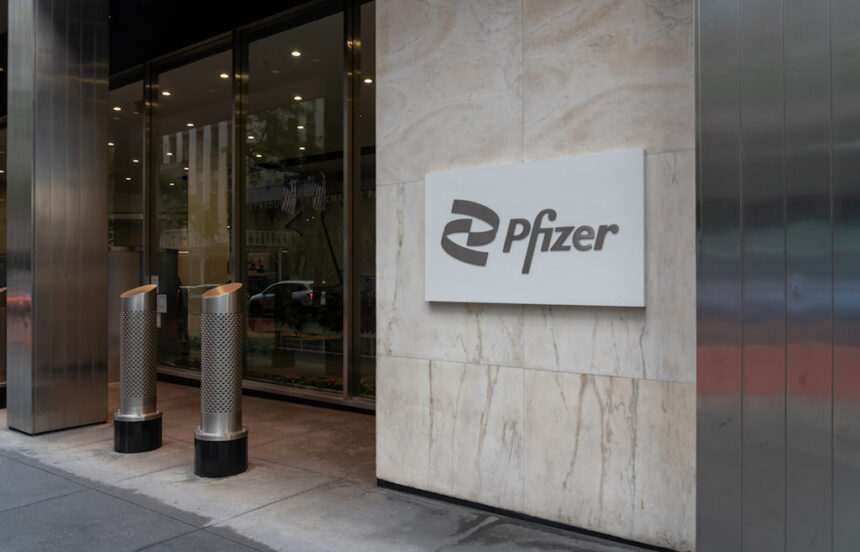Pfizer has settled on Interpublic Group to handle its product PR, in addition to serving as its lead creative network, after the pharmaceutical giant reassessed all of its marketing partnerships in a wide-ranging pitch.
“[IPG has] a demonstrated ability due to bringing together both healthcare and consumer leaders around the world for the benefit of their clients,” a Pfizer spokesperson said via email, who referred to Interpublic as its “preferred partner” for product PR.
Corporate public relations is not included in Interpublic’s remit.
Pfizer did not specify which Interpublic agencies will handle its product PR, or whether that decision has been made. IPG’s PR firms include the Weber Shandwick Collective and Golin as well as the Dxtra Health network.
An IPG representative referred requests for comment to Pfizer. The CEOs of Weber and Golin both referred comment requests to the pharmaceutical company.
In recent years, Pfizer has worked with PR firms including Weber, Ogilvy, Real Chemistry, Dini von Mueffling Communications, Porter Novelli and Edelman. A Pfizer spokesperson did not say how the decision would affect individual agency relationships, but said, “Much like creative, all brands will be transitioning their product PR work to IPG on a rolling basis based on brand priority and business needs.”
Last month, Pfizer named IPG as its lead creative partner and hired Publicis Groupe to handle its “integrated global engine” work, which includes data and tech, media and creative production. It kicked off a wide-ranging agency review this year, directed by CMO Drew Panayiotou, who joined the company last September.
“Pfizer’s modern and connected approach of working with fewer but better-aligned agency partners will help us to reach patients and doctors where they are with compelling and integrated communications,” the Pfizer spokesperson said.
Pfizer reported Q1 sales of $18.3 billion, down 29% from the year-earlier period. Its net income of $5.5 billion fell from $7.9 billion the previous year, but both its top- and bottom-line results beat analysts’ expectations, though they were affected by a decline in demand for the company’s COVID-19 vaccine.








